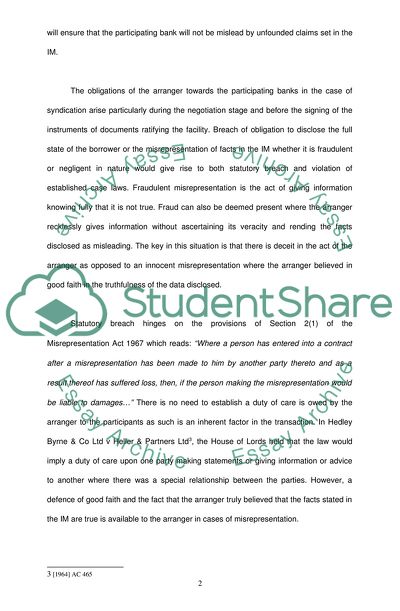Cite this document
(“Banking and Finance Law Essay Example | Topics and Well Written Essays - 1250 words”, n.d.)
Retrieved from https://studentshare.org/law/1536866-syndicated-loan-bankingfinance-law-please-see-the-attached-file
Retrieved from https://studentshare.org/law/1536866-syndicated-loan-bankingfinance-law-please-see-the-attached-file
(Banking and Finance Law Essay Example | Topics and Well Written Essays - 1250 Words)
https://studentshare.org/law/1536866-syndicated-loan-bankingfinance-law-please-see-the-attached-file.
https://studentshare.org/law/1536866-syndicated-loan-bankingfinance-law-please-see-the-attached-file.
“Banking and Finance Law Essay Example | Topics and Well Written Essays - 1250 Words”, n.d. https://studentshare.org/law/1536866-syndicated-loan-bankingfinance-law-please-see-the-attached-file.


